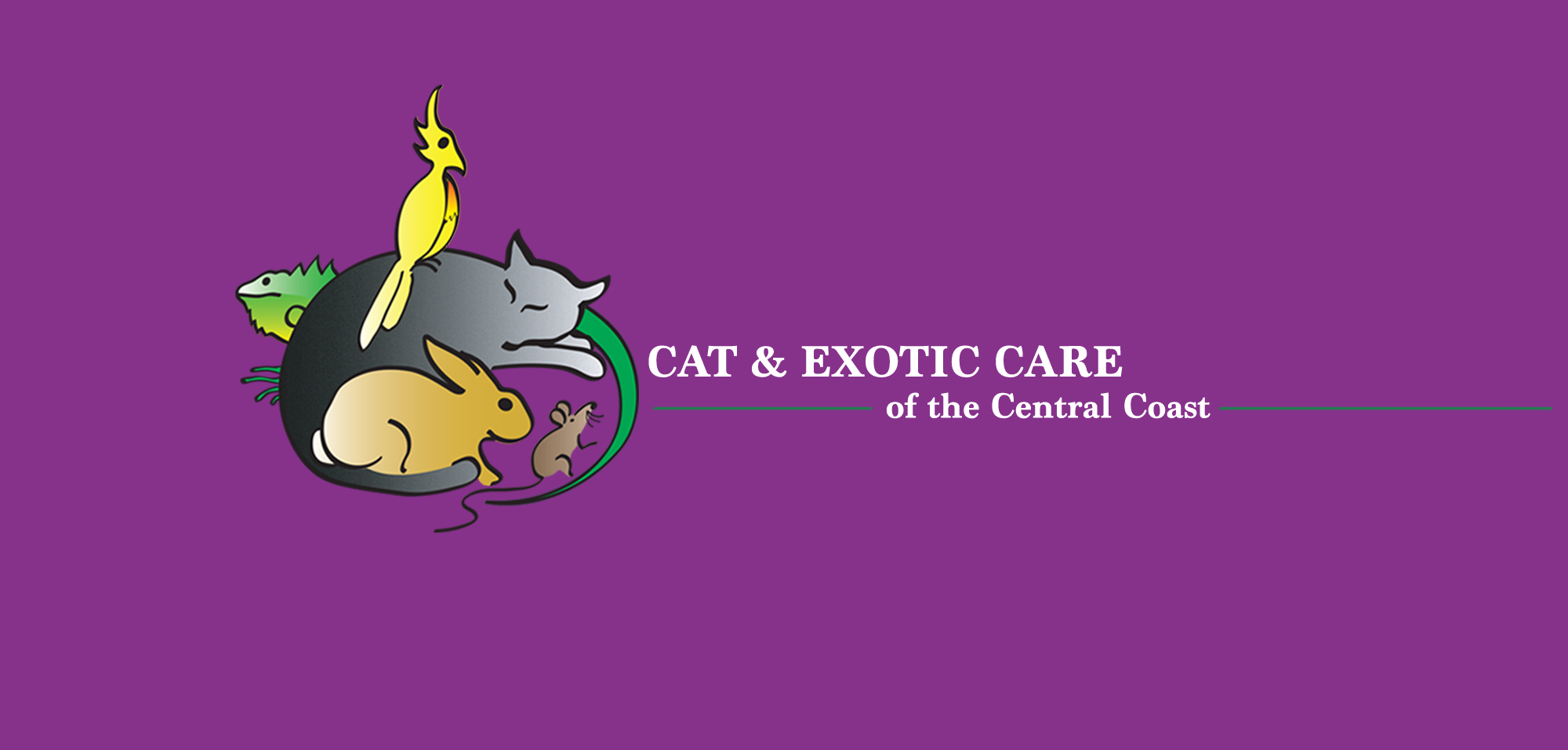QUESTION:
My cat has always been one to hide a lot, but I noticed that this has become worse over the last few months. Recently I noticed that he flinches when I pet or touch his head and he is really picky with his food and takes a long time to chew. Is there a better food option? Do I need to bring him in for an exam?
ANSWER:
Definitely a thorough physical exam is in order. We may be able to clump some of his problems together, or we may have to pursue separate causes. The first thing that comes to mind that could be a catch all for the signs you describe is dental disease. This is a problem that is often under recognized in cats and other pets since owners rarely look into their mouths, and the cat can’t complain. Cats are particularly stoic and often don’t change their habits significantly even when dealing with severe dental pain. Dental disease is also a condition that can effect almost any age of pet. Specifically, many cats have a condition called feline oral resorptive lesions (FORL’s). These “cavities” in the teeth are usually located near the gum-line (sometimes just below) and can be quite painful. They don’t have the typical appearance of heavy dental tarter (the yellow-brown build up that occurs when the teeth become very dirty, usually in older pets) or gum recession, and at a quick glance the tooth may look normal and clean. A veterinary dental exam may reveal inflamed gums, defects in the enamel, and oral pain that would prompt a more thorough exam under anesthesia or even dental x-rays to identify problem areas. Clinical signs of FORL’s vary but may include “head shyness”, bad breath, weight loss, finicky or slow eating, drooling, preference to eat soft food, and sometimes even behavioral problems such as aggression or hiding. Unfortunately in many cases there are no clinical signs at all, even though the cat may be very painful. Due to this the disease is often recognized late in the game (and the cat may need multiple extractions).
As you can see, dental disease could potentially explain all of your cat’s signs. A thorough exam and specifically oral exam should help to rule in/out this or other causes of head or mouth sensitivity. There are several other potential explanations and your vet will use the information from the physical exam to direct the best course of action. Remember, February is “Pet Dental Month” and many clinics (including my own) offer discounted dental exams and procedures.
If you have a veterinary question that you would like to propose for an upcoming edition, please send it to email@catandexoticcare.com with “ask the vet” in the subject line.
Max Conn, DVM is the owner of Cat & Exotic Care of the CentralCoast, a full service veterinary hospital dedicated to the special needs of cats, birds, reptiles and small mammals. Cat & Exotic Care is located in PismoCoastPlaza, 565 Five Cities Drive, 805-773-0228. More information can be found at www.catandexoticcare.com.
Disclaimer: The informational handouts and website links above are for informational purposes only, they are not intended to replace veterinary care.
